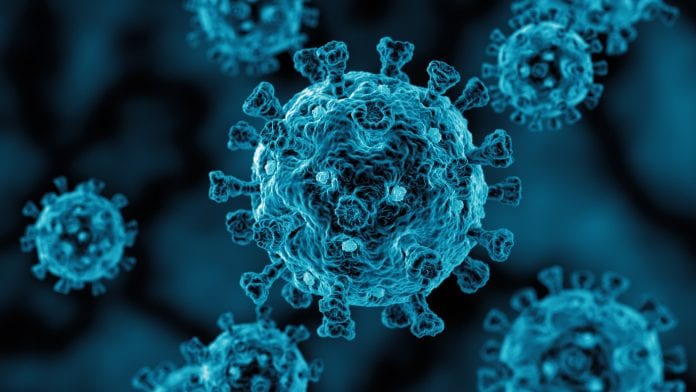
New research has shown that young people with chronic inflammatory conditions, as well as vulnerable older adults, and smokers or vapers, are at high risk of contracting the COVID-19 virus.
A research team from the University of Rochester Medical Center has provided evidence that those with chronic inflammatory conditions, smokers, and vapers, have an abundance of ACE2 receptor proteins which serve as a gateway to the COVID-19 virus. Although the scientific explanation behind this is complex and not yet certain the researchers believe that vulnerability to the virus is connected to having a higher amount of these enzymes.
The team, led by Irfan Rahman, PhD, published a series of studies during the pandemic that focus on the vital role of ACE2 which is already at the centre of many other scientific investigations in order to shape a clearer picture of the critical cellular mechanisms that regulate the deadly virus.
Vulnerable young people
Rahman’s special interest is on the growing problem of young people who test positive and may be spreading coronavirus at alarming rates. Even some older children and teens who have higher levels of the ACE2 receptor seem to be more vulnerable to the virus.
Rahman, Dean’s Professor of Environmental Medicine, Medicine (Pulmonary), and Public Health Sciences at the University of Rochester, said: “Our next step is to investigate whether ACE2 is normally low in young people, hence their relatively low infection and mortality rates from COVID-19, but to find out if ACE2 is increased by smoking or vaping rendering them more susceptible to the virus.
“This would be in contrast to older people with lung diseases such as COPD and pulmonary fibrosis, who we already know are at higher risk for severe viral illnesses and death.”
Vaping and smoking
Gangandeep Kaur, PhD, a post-doctoral scientist in Rahman’s lab, has had prior experience investigating tuberculosis and thus led the new effort to study ties between vaping and coronavirus.
The team has published several peer-reviewed articles relevant to the issue. The first shows that smoking, combined with ageing, alters more than 20 genes involved in lung cell function and results in a spike in ACE2 receptors and three other proteins associated with the coronavirus, and a second study showed that because vaping and smoking tend to be long-term habits, other receptors with a direct relationship to ACE2, which also have a significant role in regulating the inflammatory response in the lungs, and cause a higher expression of ACE2.
A further review in June drew additional connections between ACE2 receptors, smokers, and coronavirus, showing that patients who smoked fared worse, and fatality rates were higher for men, who have more ACE2 receptors than women.







